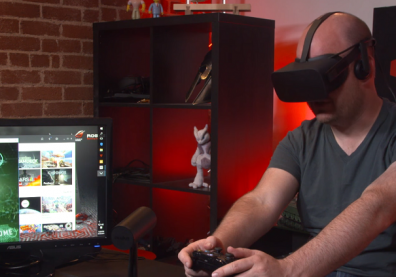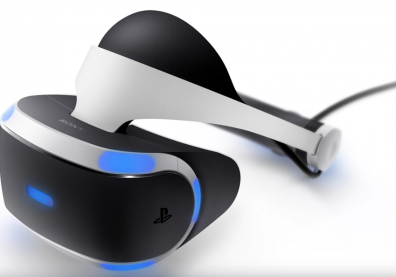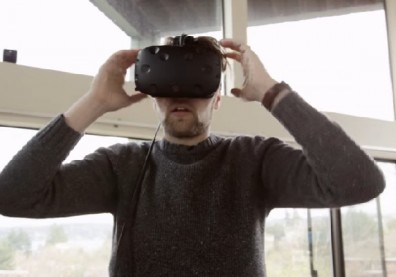Facebook's announcement yesterday that it would be buying virtual reality technology Oculus Rift has caused a lot of backlash in the gaming community, with many people cancelling preorders and expressing outrage at Oculus for 'selling out'. Gamers previously excited about the VR headset are now worried what direction Facebook will take the product in, or that they will interfere with development, seizing too much control. But is there really reason to worry?
Instagram just announced that it reached 200 million users, showing steady growth for the company following its purchase by Facebook in 2012 for $1 billion. A little over a year ago it had 100 million users, and 150 million 6 months ago--obviously a consistent increase in user numbers.
On the consumer end, within the Instagram app and in regards to its functionality, not much has changed since the Facebook buyout, nor have there been reports of any issues or conflicts between the two. The company is seemingly operating fairly autonomously and continuing to grow. The social media giant also bought mobile instant messaging app WhatsApp for a whopping $19 billion, and promised to leave it to its own devices and let the original leaders control the company.
Despite these assurances, many users left WhatsApp for fear of their privacy being infringed upon by the app's new owner, despite Facebook creator Mark Zuckerberg championing our right to privacy himself, even calling President Obama to complain about the NSA.
Though time could reveal otherwise, Facebook so far does not have a track record of ruining the properties it purchases or assuming too much control--so why did the Oculus purchase get so much negative feedback?
The main reason, I think, would be that the first two businesses (and the failed attempt to purchase Snapchat for $3 billion) are perceived to be more in-line with what Facebook currently offers, and that the company should not be involved in gaming. Facebook games have a definitively negative reputation among the gaming community, with few exceptions.
If this is your line of thinking, Facebook isn't interested in making the games itself--Oculus should still be pushing its product to actual developers to create games on the platform. Zuckerberg said Oculus will retain control of itself to make this happen and push the product to consumers.
The cause for concern in the statement is the section that speaks about using the technology for areas outside of gaming. That is what personally pushed Minecraft creator Notch away from a deal he was making to put his game on Oculus Rift--he doesn't want to put resources towards a company that isn't primarily interested in making games.
"After games, we're going to make Oculus a platform for many other experiences. Imagine enjoying a court side seat at a game, studying in a classroom of students and teachers all over the world or consulting with a doctor face-to-face - just by putting on goggles in your home," Zuckerberg said.
That is at the core of what concerns Notch and gamers about this deal, I think--Facebook will allow Oculus to develop a great product and get developers to make games for it, but are more interested in focusing on the Rift as a device for other purposes and see virtual reality as the future.
It's possible, though, that these two purposes coexist. Facebook will make Oculus much more able to produce and distribute the Rift in greater numbers, limiting the supply constrictions they otherwise likely would have faced. In a way, Oculus sort of needed a larger party to get involved in order for the device to reach consumers, even if it's not a gaming company.
In fact, the distinction that it's not a gaming company who bought it may lead Oculus Rift to even more success--the potential market for the device beyong gaming is huge, and it will sell to a much larger audience. Gamers can still see games made by major studios for the Oculus Rift, and Facebook can achieve what they want from virtual reality in other spheres as well--you can hardly blame Oculus for taking a huge sum of money to hopefully make their product more ubiquitous in the future.
Owning arguably the best VR company around right now before any mainstream products are even launched gives Facebook a huge leg-up in grabbing the largest share of this emerging market once it gets going, but that won't necessarily come at the cost of the gaming potential of the product. Reason doesn't say in this situation that Facebook wants to turn Oculus Rift into some sort of social media device, but rather, that they want to leverage their services and platform to make something they believe in on multiple fronts with the technology, gaming included.
If your main concern is that you dislike Facebook as a company, or are worried they'll somehow get personal data out of you from the Oculus Rift, well, just remember that there's nothing they don't already know from your Facebook account.










